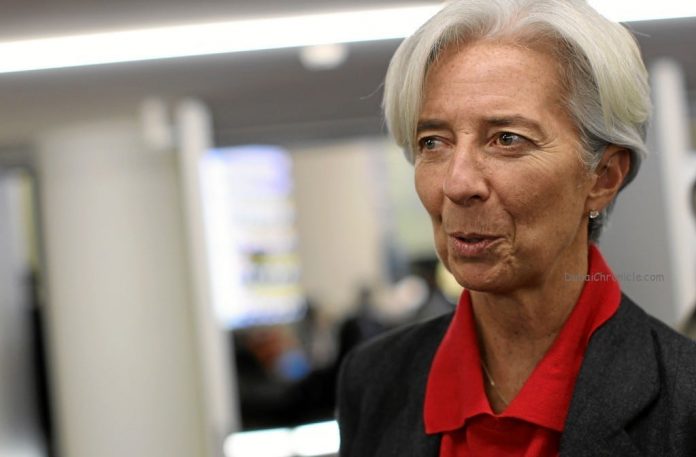
An exodus of cash from emerging markets in recent years is closely tied to developing economies’ slower growth rates and could end with financial crises in the countries involved, the International Monetary Fund said Wednesday.
The IMF highlighted weak growth as the leading culprit in the outflows, as well as investors’ risk appetite and the comparative interest rates in developed and developing economies. The 2013 “taper tantrum,” when investors faced the prospect of tighter monetary policy in the U.S., also contributed to outflows.
Investors flocked to emerging markets for years to take advantage of higher growth rates. But when China, Russia or other emerging markets offer less of a growth premium to the U.S. and Europe, money tends to move the other way.
“Much of the decline in inflows can be explained by the narrowing differential in growth prospects between emerging market and advanced economies,” the IMF said in a study included in its World Economic Outlook publication. “Both weaker inflows and stronger outflows have contributed to the slowdown.”
Flows to 45 key emerging markets have fallen off by more than $1 trillion since 2010, with half of the drop coming from China, the world’s second-biggest economy, and Russia, which has faced international sanctions and a precipitous drop in energy prices, the IMF said.
Collectively, the reversal in capital flows is equivalent to an outflow of 1.2% of gross domestic product in the most recent four quarters, compared with an inflow of 3.7% of their GDP in 2010. The slowdown occurred in three-quarters of the economies the IMF studied.
It is the third major pullback in three decades for the emerging markets, and it comes at a time when the extra growth offered by emerging markets contracted by 0.75 percentage point, the IMF said.
“A historical perspective offers cause for concern,” the IMF said. “Capital inflow slowdowns after sustained expansions have been associated with costly economic crises.”
Countries can help insulate themselves from outflows by keeping exchange rates flexible and maintaining large cushions of international reserves, the IMF said.



































